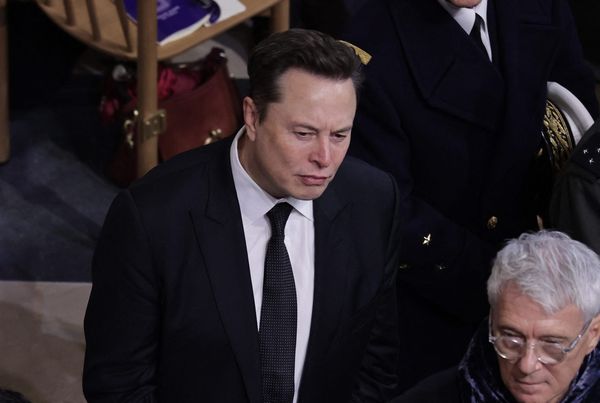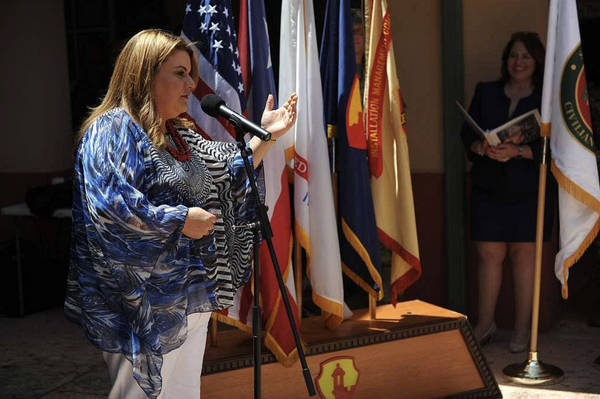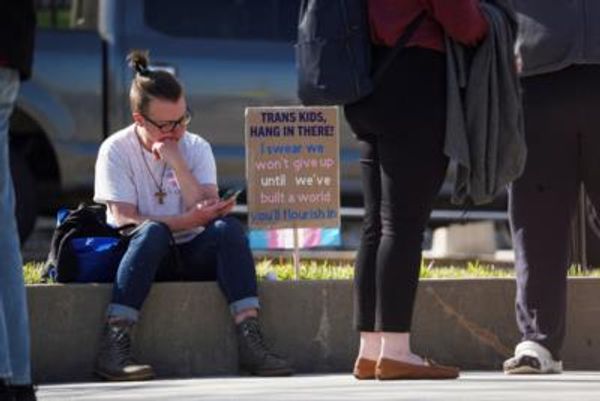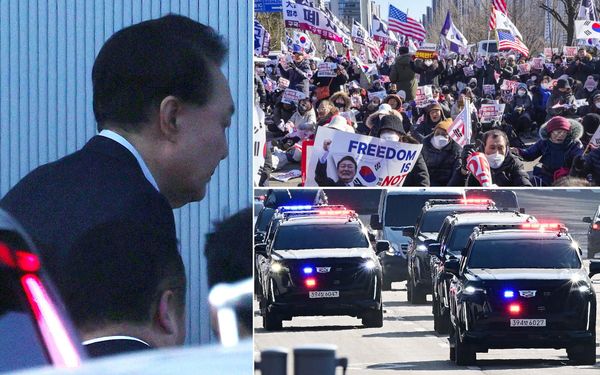
Britain's government set out its plans to tackle crime, boost growth and water down climate change measures on Tuesday, an unashamedly political agenda that could offer clues to how Conservatives plan to campaign ahead of elections next year.
In an agenda written by the government of Prime Minister Rishi Sunak but delivered by King Charles III to lawmakers at parliament's ornate House of Lords, Sunak signalled his intent to create a dividing line with the opposition Labour Party before elections that must be called by the end of 2024.
The speech, which lasted just over 10 minutes, set out the government's modest slate of 21 bills, ranging from changes to the way soccer teams are run to a clampdown on unlicensed pedicabs.
The government also announced plans to continue watering down environmental measures, a trend begun by Sunak when he lifted a moratorium on North Sea oil and gas extraction in July. A planned law will require new oil and gas drilling licenses in the North Sea to be awarded every year. The government argues that will protect jobs, cut Britain’s reliance on foreign fuel and increase energy security while environmentalists and opposition parties say it will just make it harder for the UK to make the switch to renewable energy.
With Labour running way ahead in the opinion polls, the prime minister's team is hoping that his agenda will close the gap by reducing the "burden" of Britain's climate targets on households and by toughening sentences for violent offenders.
There was little new in the King's Speech, more a collection of what Sunak has worked on since becoming prime minister last year on a pledge to bring stability after two fellow Conservative leaders were forced from power in a matter of weeks.
Reading some of the government's climate policies might have jarred on Charles, who has campaigned on environmental issues for more than 50 years. But government officials have repeatedly said ministers were not giving up on the overall targets, just being more "pragmatic" in how they get there.
"My government will, in all respects, seek to make long-term decisions in the interests of future generations," Charles, wearing the Imperial State Crown and royal robes, told a hushed audience of lawmakers in the upper house of parliament.
"By taking these long-term decisions, my government will change this country and build a better future," he added.
It was the first time Charles had made the speech as king – though he stood in for his mother Queen Elizabeth II months before her death last year – in a ceremony marked by pomp and pageantry.
Arriving at parliament from Buckingham Palace in a grand carriage procession, he then led a ceremony, with some of its traditions traced back to the 16th century, that delivers the government's agenda in line with Britain's unusual constitutional division of executive powers.
Election campaign
What Charles read out suggested Britain has already entered campaign season.
The government signalled it would move ahead with the Sentencing Bill that will bring forward tougher jail sentences for the most serious offenders, and repeated its pledge to boost economic growth and reduce inflation.
But, in a possible sign that calls from some Conservative lawmakers to offer voters tax cuts will go unheeded, the King said: "My ministers will address inflation and the drivers of low growth over demands for greater spending or borrowing."
Read moreKing Charles III proposes France-UK ‘partnership for sustainability’ to tackle climate emergency
Sunak also confirmed he would phase out tobacco sales to young people in England and press on with attempts to tackle illegal migration.
In an attempt to win over younger voters, the government also said it would press ahead with reforms to the housing market, outlawing no-fault evictions for renters and amending a system described by a minister as "feudal" which forces the owners of some properties to pay rent to a freeholder.
But Sunak faces an uphill struggle to win back voters, with Labour holding an around 20-point lead in the polls. His party is mired in allegations of sex scandals, under scrutiny over its actions during the Covid-19 pandemic and is deeply divided over its strategy before the next election.
He is hopeful his agenda can turn things around.
"We have turned the corner over the last year and put the country on a better path," he said in his introduction.
"But these immediate priorities are not the limit of our ambition. They are just the foundations of our plan to build a better future for our children and grandchildren, and deliver the change the country needs."
(FRANCE 24 with Reuters and AP)







